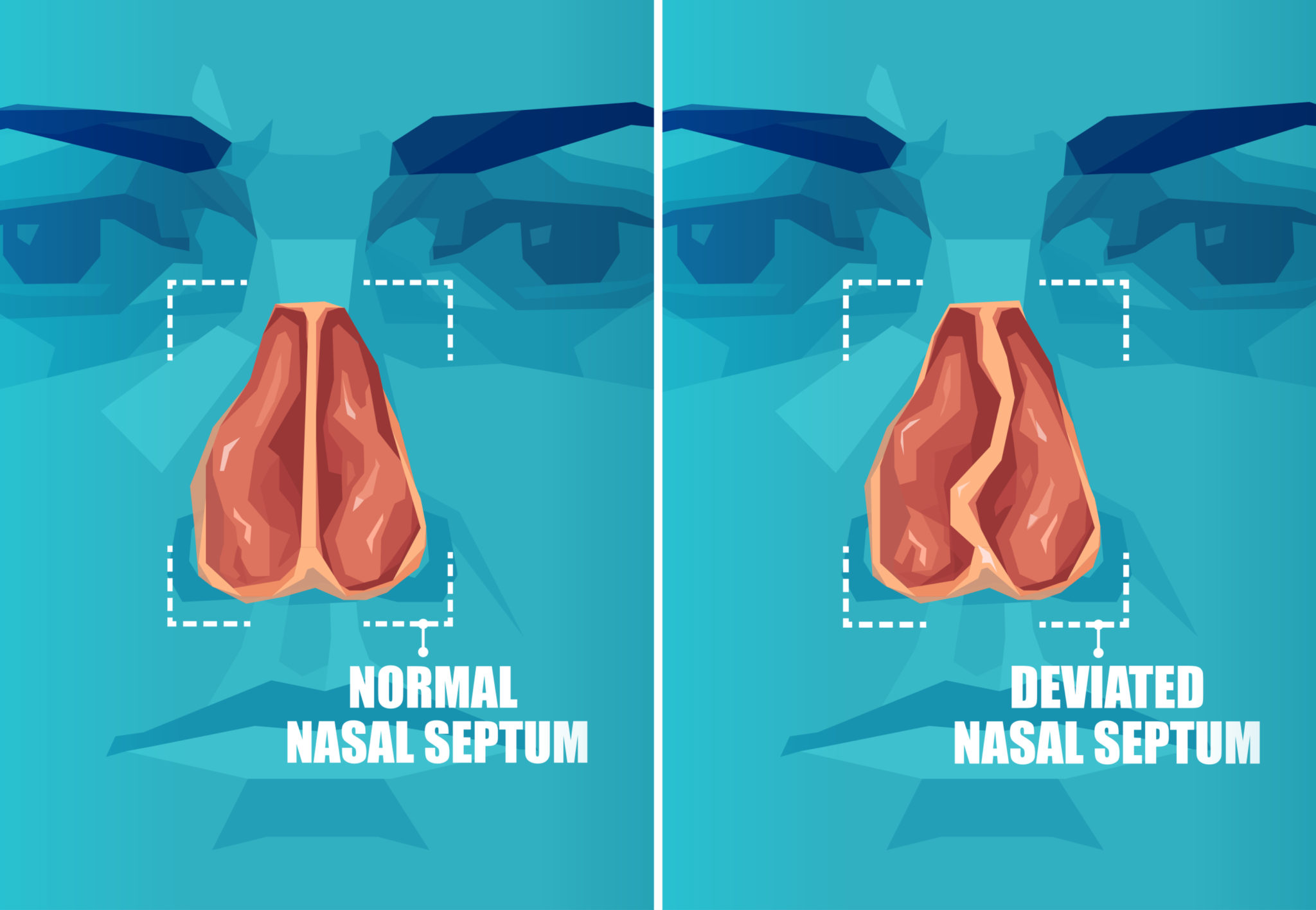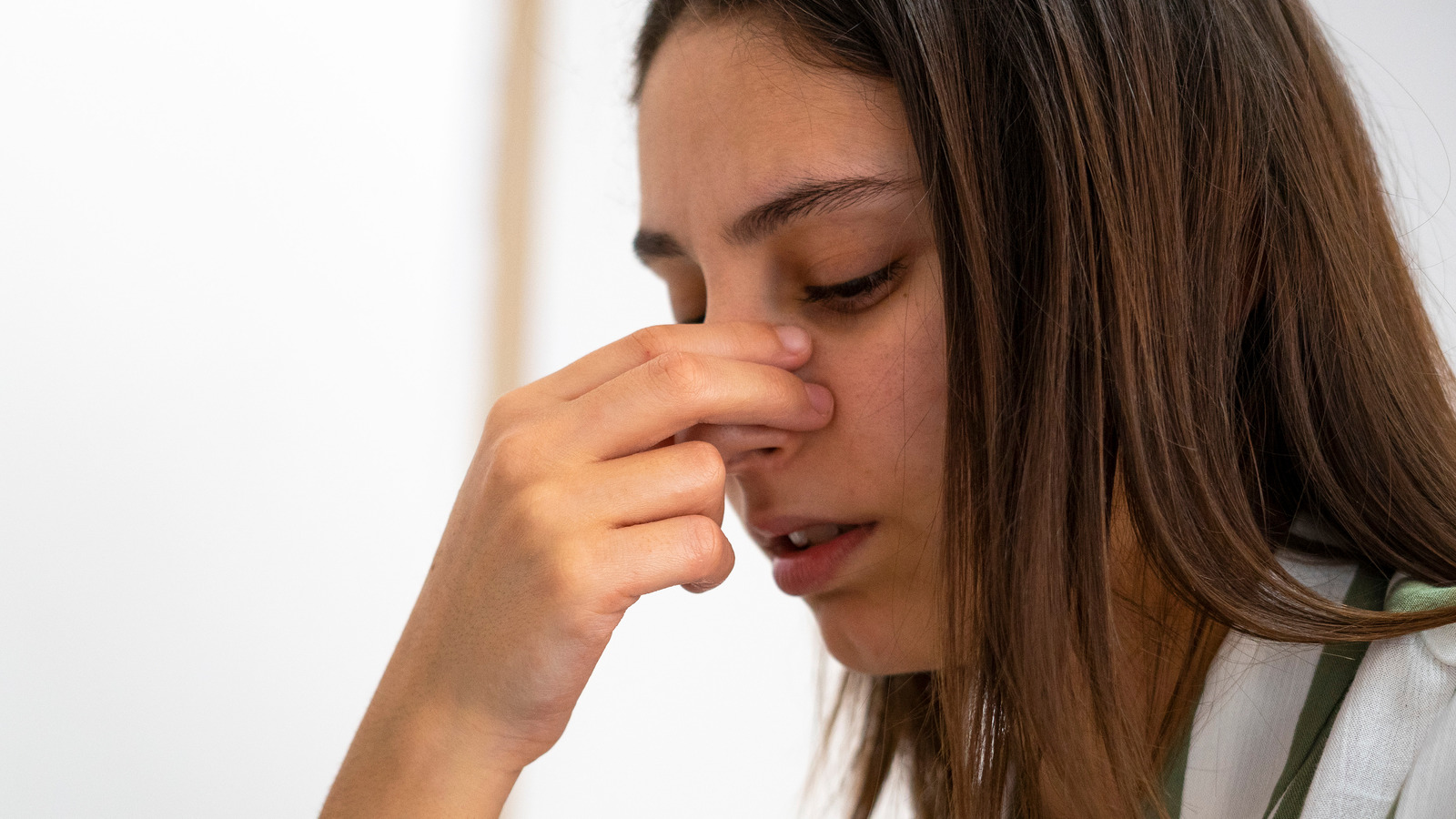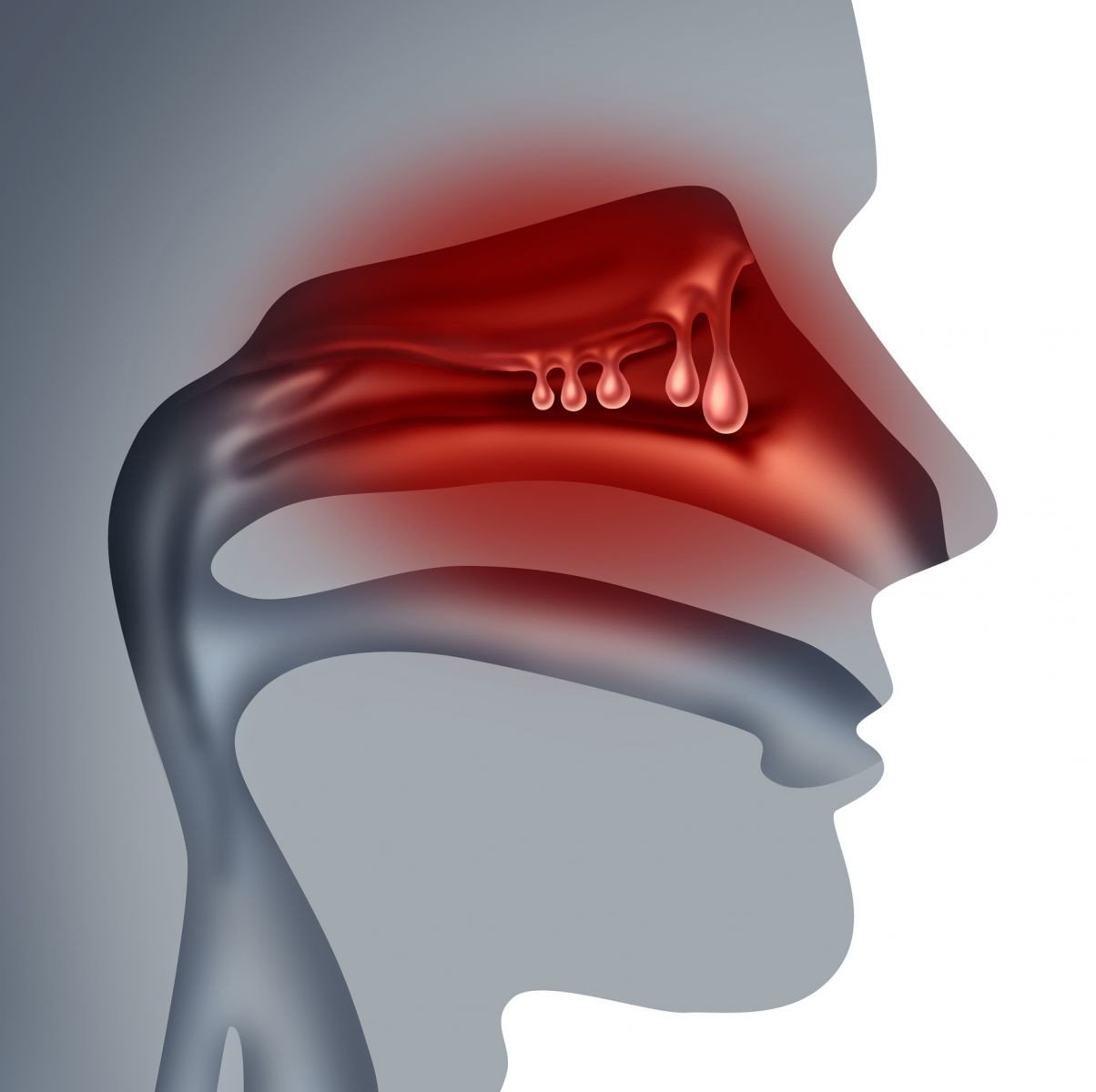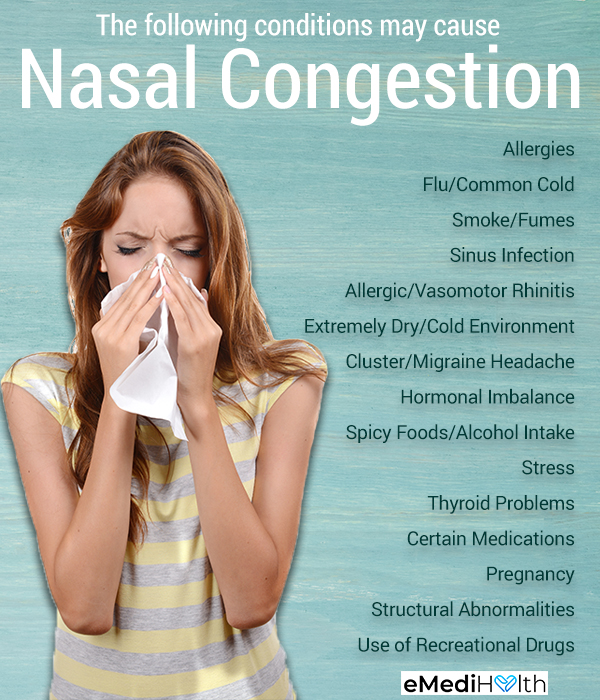Identifying the Reasons Behind Nose Discomfort
When your nose hurts from blowing it, several factors may contribute to the discomfort. Common reasons include dryness, irritation, and inflammation. Dryness can occur due to cold, dry weather, or excessive tissue use, leading to a sore or chafed nose. Irritation may result from using tissues that are too rough or scented, further exacerbating the problem. Inflammation often stems from underlying conditions such as allergies, sinus infections, colds, or the flu. By addressing these underlying causes, you can alleviate the discomfort and promote healing.
The Role of Tissue Use in Nose Irritation
Frequent tissue use can contribute to nose irritation and potential nose skin damage, leading to a sore nose. The constant rubbing and friction caused by blowing your nose can result in raw, red, or chafed skin. To prevent excessive dryness and irritation, consider using softer tissues, which are gentler on the skin. Additionally, applying a thin layer of petroleum jelly, such as Vaseline, to the nostril openings can create a protective barrier, locking in moisture and reducing the likelihood of irritation.
Allergies and Sinus Infections: Common Culprits
Allergies and sinus infections are common causes of a sore nose due to constant blowing and inflammation. Allergies, such as hay fever or allergic rhinitis, can cause the nasal passages to become inflamed and swollen, leading to discomfort and pain. Sinus infections, on the other hand, are often accompanied by thick mucus, congestion, and pressure, which can result in a sore nose after frequent blowing. If you suspect that allergies or a sinus infection may be causing your nose discomfort, consult a healthcare professional for proper diagnosis and treatment. They may recommend antihistamines, decongestants, or other medications to alleviate your symptoms and help your nose heal.
Cold and Flu: Temporary Causes of Nose Discomfort
Colds and the flu can lead to a sore nose due to congestion and frequent blowing. These viral infections cause the nasal passages to become inflamed and produce excess mucus, which can result in a raw, sore, or chafed nose. To alleviate discomfort caused by colds and the flu, focus on proper rest, hydration, and over-the-counter remedies to manage symptoms and support recovery. Using a saline nasal spray can help moisturize the nasal passages, reduce inflammation, and alleviate congestion. Additionally, staying hydrated by drinking plenty of fluids can help thin mucus and soothe a sore nose.
Home Remedies for a Sore Nose
When your nose hurts from blowing it, home remedies can provide soothing relief. Utilize a humidifier to add moisture to the air, helping to prevent dryness and irritation. Apply warm compresses to the nose and surrounding area to alleviate discomfort and reduce inflammation. Additionally, practicing good nasal hygiene can help prevent further irritation. Gently clean the nostrils with a saline solution or mild, fragrance-free soap and warm water, then pat dry. These home remedies can help soothe a sore nose and promote healing.
Over-the-Counter Medications for Nose Discomfort
When your nose hurts from blowing it, over-the-counter medications can offer relief. Decongestants, such as pseudoephedrine and phenylephrine, can help reduce swelling in the nasal passages, making blowing your nose less painful. Antihistamines, like diphenhydramine and loratadine, can alleviate allergy symptoms, which may contribute to a sore nose. Pain relievers, such as acetaminophen and ibuprofen, can help manage discomfort and reduce inflammation. When using these medications, always follow the recommended dosage instructions and be aware of potential side effects. Consult a healthcare professional if you have questions or concerns about using over-the-counter medications for nose discomfort.
When to Consult a Healthcare Professional
If your nose hurts from blowing it and the discomfort persists or is accompanied by other concerning symptoms, it’s essential to consult a healthcare professional. Seek medical attention if you experience persistent pain, difficulty breathing, or signs of infection, such as fever, pus, or increased mucus production. These symptoms may indicate an underlying condition requiring proper diagnosis and treatment. By addressing the root cause, you can alleviate your nose discomfort and prevent further complications. Remember, when in doubt, consult a healthcare professional to ensure the best possible care for your health concerns.
Preventing Future Nose Discomfort
To prevent your nose from hurting due to blowing, adopt several preventive measures. Practice good hygiene by washing your hands frequently and avoiding touching your face, which can help reduce the spread of germs and allergens. Manage allergies by avoiding triggers, using air purifiers, and taking prescribed medications as directed. Staying hydrated by drinking plenty of fluids can help maintain healthy nasal passages and prevent dryness and irritation. By incorporating these practices into your daily routine, you can minimize the likelihood of experiencing nose discomfort from blowing your nose in the future.








